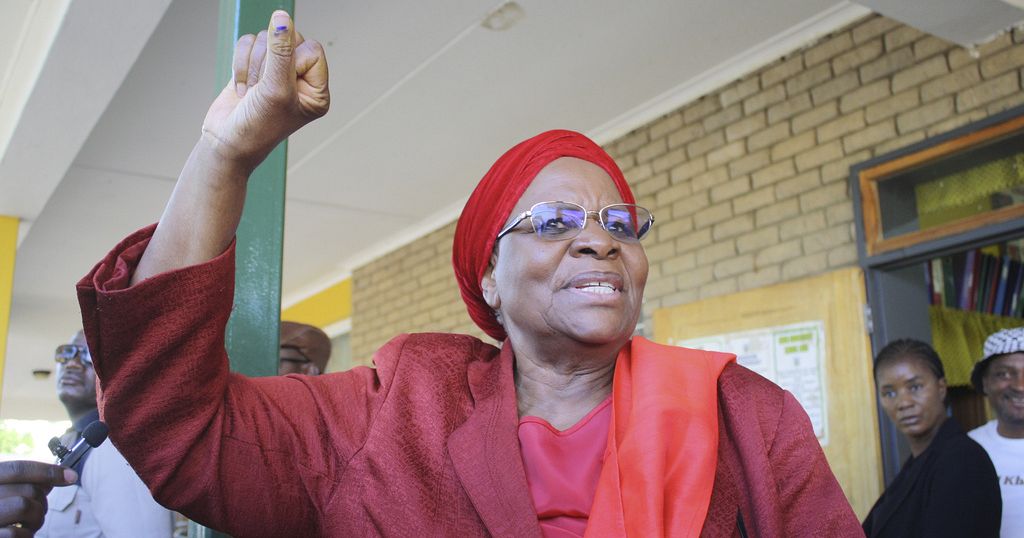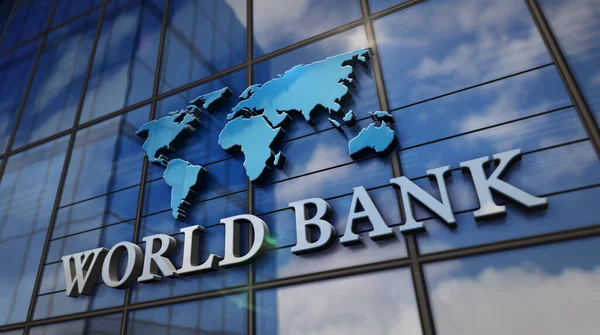The federal government of Nigeria, under the leadership of Bola Ahmed TINUBU has halted a 0.5% cybersecurity levy imposed on all electronic transactions. The move initiated by the central bank to debut in two weeks was a crackdown on cryptocurrency transactions across the nation as it grapples with an economic crisis.
Nigeria’s Federal government has suspended a planned levy on domestic money transfers to fund cybersecurity, Information Minister Mohammed Idris announced on Tuesday, amid widespread public criticism of the scheme amid a worsening economic impasse.
The central bank in a circular last week told all banks and mobile money operators to charge 0.5% of the value of electronic transfers as a cybersecurity levy, starting in two weeks.
« The cybersecurity tax policy implementation has been directed by the government to be put on hold, so it has been suspended, » Idris told reporters following a cabinet meeting in Abuja.
The new levy was planned as authorities clamp down on cryptocurrency, which they have blamed for Nigeria’s currency downfall compared to the dollar.
The Naira has hit record lows due to dollar shortages as crypto transactions in the west African country have flourished. According to the levy, Individuals depositing 500,000 naira or more will incur a 2% fee, while corporate transactions exceeding 3 million naira will be subject to a 3% fee.

















